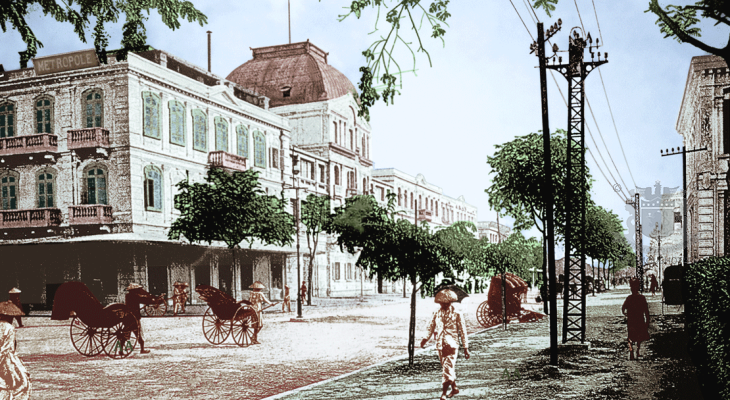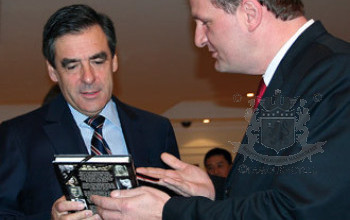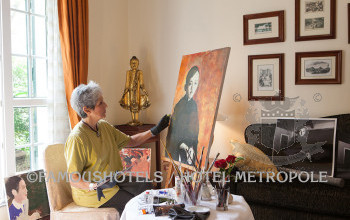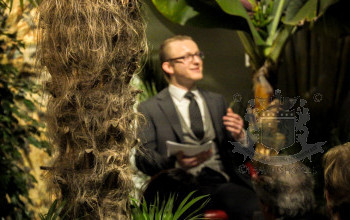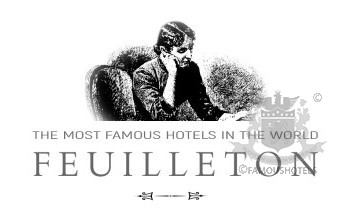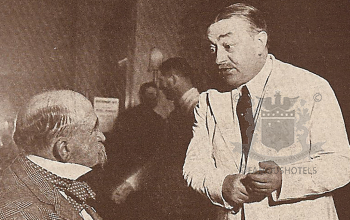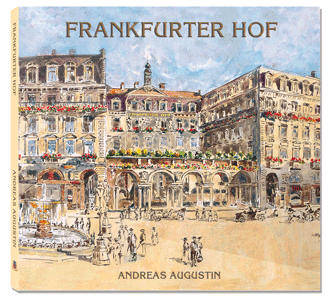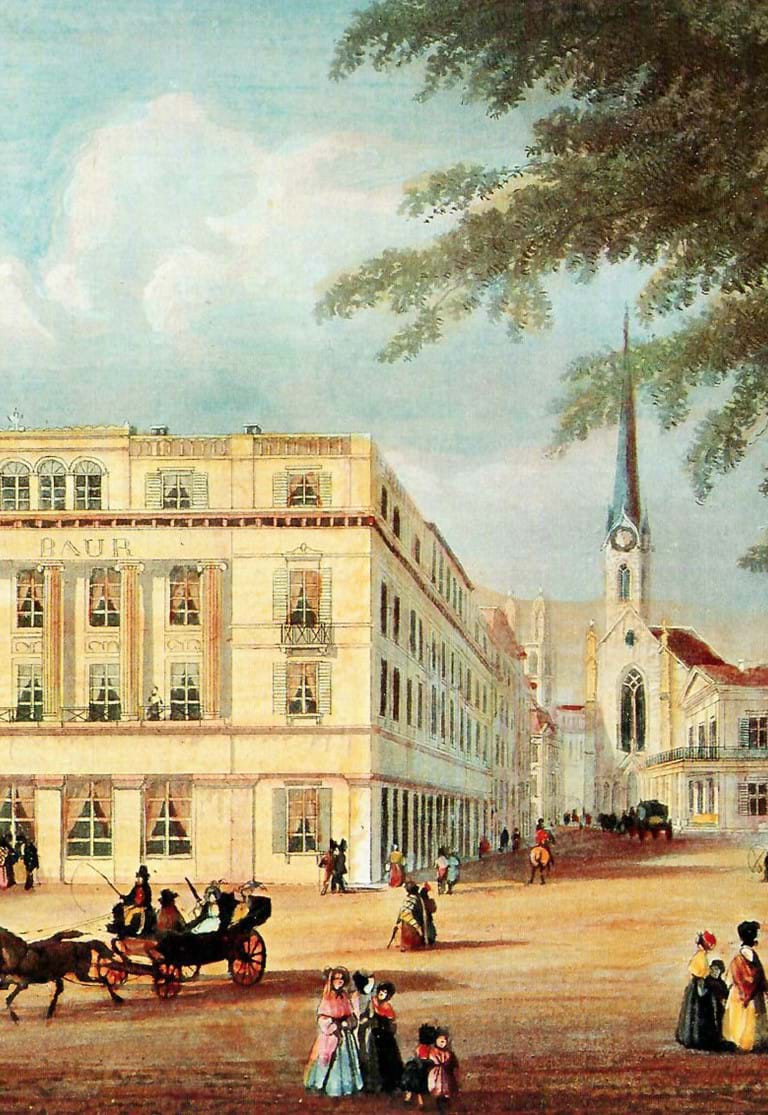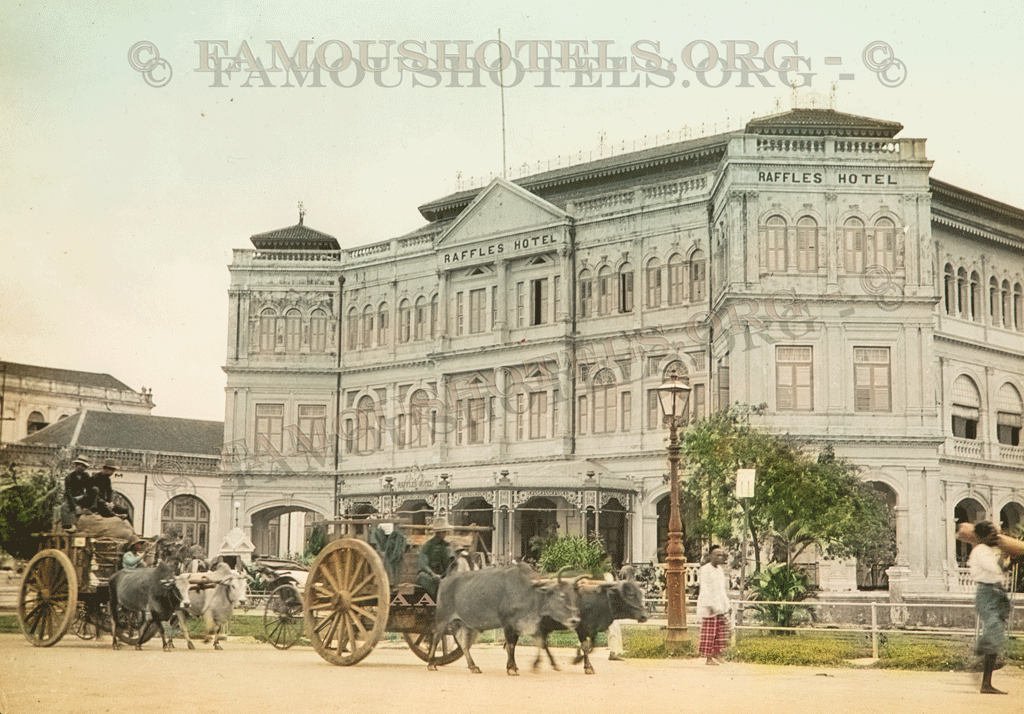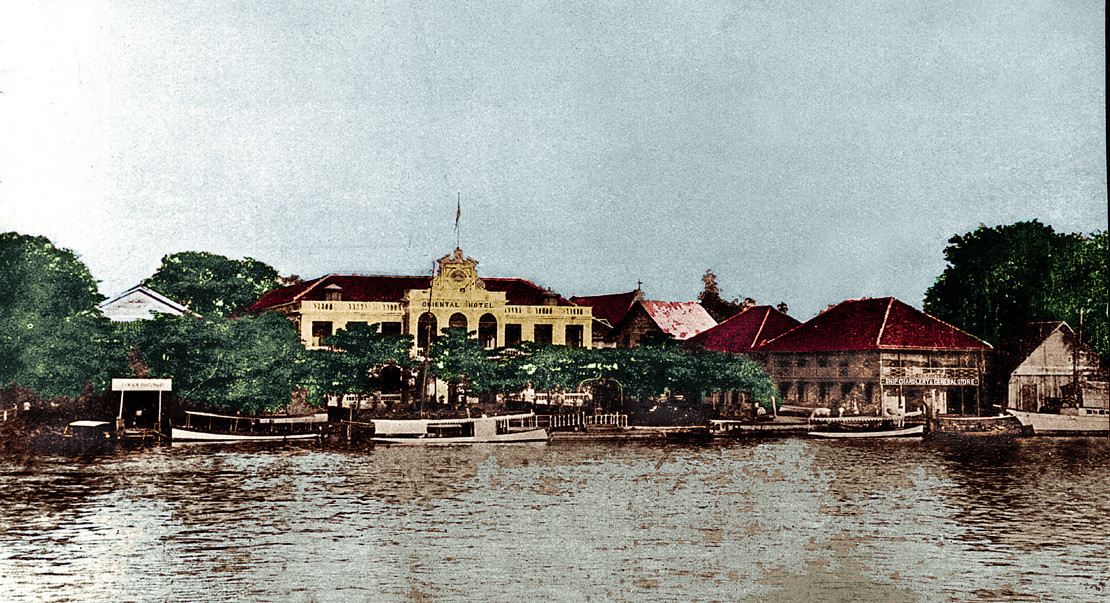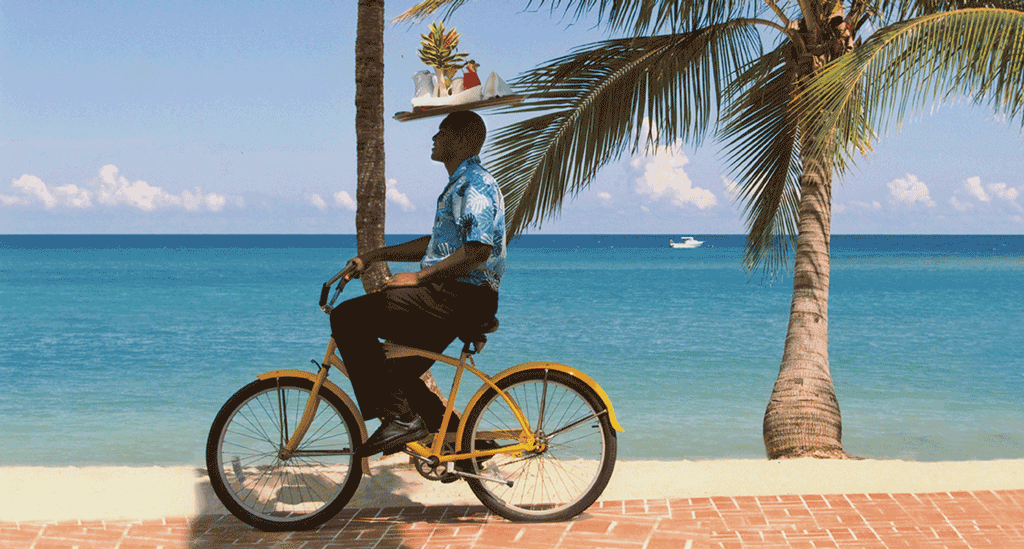The Vietnamese at the Ritz
( words)
1919: Versailles, France

Ho Chi Minh
It is one of those "what would have been if ..." footnotes of history. World War 1 was over. We are in Paris. In 1919 at Versailles, France, America’s President Woodrow Wilson arrived at the Paris Peace Conference that was to determine the new world order.
A young Vietnamese student, Ho Chi Minh, who was then living in Paris and working as a kitchen assistant at the Hotel Ritz, sent in a petition to the American delegation asking America for help.
Drafted according to Wilson’s own doctrine of self-determination, Ho expressed the Vietnamese people’s expectation of freedom and justice. He hoped for American assistance to end French rule.
But Ho Chi Minh – and Vietnam – were too obscure to even receive an answer. Ho Chi Minh, and with him Vietnam, were for the first time turned down by the Americans. This opened the door to sympathy with an other powerful nation, Russia. Of course, seen at the time, nobody could possibly know (including himself) that Ho Chi Minh would become the leader of this important South East Asian nation. That they would defeat the French army in bloody battles before they gain independence. That his country would trigger the American phobia of the so-called "Domino effect", which eventually lead to the devastating Vietnam which lasted until reunifiction and independence in 1975.
So a chance was waisted to a) solve the question of Vietnamese independence much earlier and b) to win an independent Vietnam as a Western ally.
Food for thoughts.
1946: Ho Chi Minh at the Metropole, Hanoi:
Ho, who became the symbol of modern Vietnam, where he is known affectionately as Bac ‘Uncle’ Ho, also enters our story of the Hotel Metropole. In 1946, negotiations had begun with the French government on the formation of a Vietnamese 'free state' within the French Union. Ho's meeting with General Etienne Valuie (the successor to Leclerc in 1946 as commander in Indo-China) and Nguyen Hai Than, the President of Vietnam’s Quamingtang, took place at the hotel.
When Ho Chi Minh arrived, he casually entered the hotel alone, handing his hat to the little bellboy at the concierge counter next to the entrance. Nguyen Hai Than was more cautious. He arrived with two body guards, afraid of an assassination attempt. To stay as close to one another as possible, all three men entered the old, small, wooden revolving door at the front entrance together. Slapstick at its best: they got stuck. For minutes they were a perfect target. But nothing happened. The porters had to dismantle the door and the conference could start.
From: HOTEL METROPOLE HANOI, by Andreas Augustin
The Treaty of Versailles:
The Treaty of Versailles was the peace settlement signed after World War I (1914-1918). The treaty was signed at the vast Versailles Palace near Paris - hence its title - between Germany and the Allies. The three most important politicians there were David Lloyd George, Georges Clemenceau and Woodrow Wilson. The Versailles Palace was considered the most appropriate venue simply because of its size - many hundreds of people were involved in the process and the final signing ceremony in the Hall of Mirrors could accommodate hundreds of dignitaries. Many wanted Germany, now led by Friedrich Ebert, smashed, others, like Lloyd George, were privately more cautious.
The Background:
World War One had left Europe devastated. Those countries that had fought in it, had suffered casualties never experienced before:
-
Britain : 750,000 soldiers killed; 1,500,000 wounded
-
France : 1,400,000 soldiers killed; 2,500,000 wounded,
At the outbreak of the Great War, or World War I, Vietnam was part of French Indochina. While seeking to maximize the use of Indochina's natural resources and manpower to fight the First World War, France cracked down on all patriotic mass movements in Vietnam. Many Vietnamese fought in World War I. The French entry into World War I saw the authorities in Vietnam press-gang thousands of "volunteers" for service in Europe, leading to riots throughout Cochinchina.
The Vietnamese military deaths during World War I amounted to over 12,000 men. -
Belgium : 50,000 soldiers killed
-
Italy : 600,000 soldiers killed
-
Russia : 1,700,000 soldiers killed
-
America : 116,000 soldiers killed
and on the other side:
-
Germany : 2,000,000 soldiers killed
-
Austria-Hungary : 1,200,000 soldiers killed
-
Turkey : 325,000 soldiers killed
-
Bulgaria : 100,000 soldiers killed

